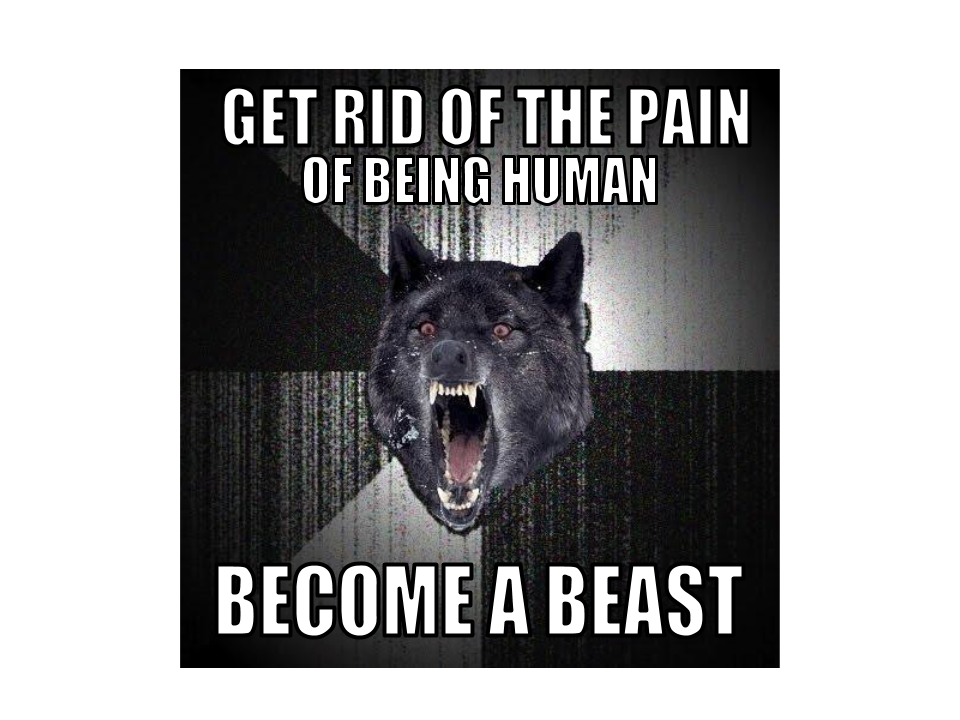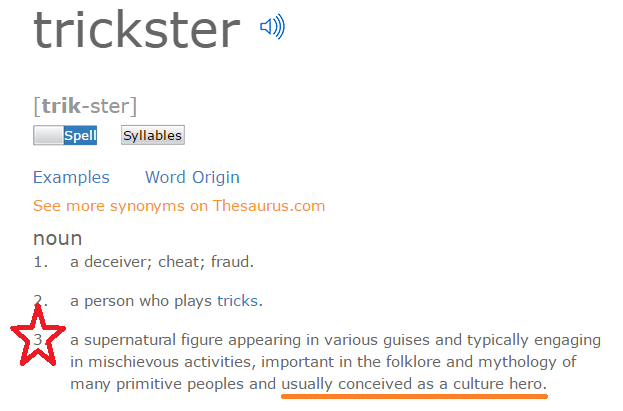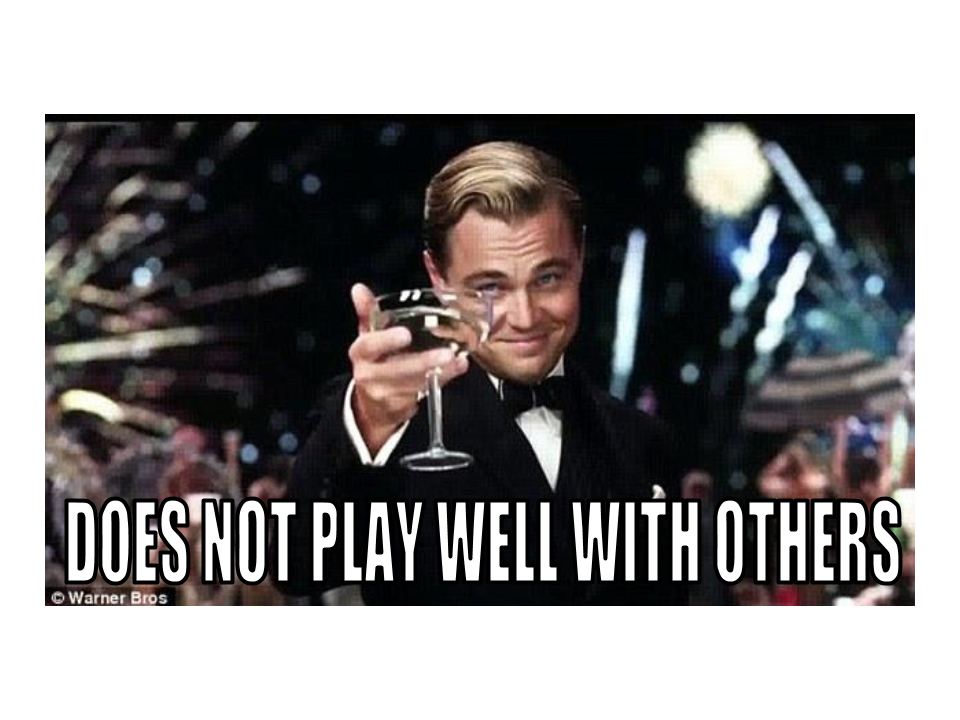
As stupid and beautifully flawed humans we dread chaos and make attempts to master the environment around us at all costs; especially costs to mental health. We've dismissively labelled it ‘stress’; this heavy mental anguish which arises out of the Strife for survival. Before we know it we become full of needless worries without question.
Life, online or off, becomes “serious business”
In some twisted self-fulfilling prophecy, worrying causes much pain, undue sacrifice and misplaced emotion which leads us astray from the road less travelled. Instead we pursue a path to the Alters of Self-Pity where we Lament the fact that we worry too much, worshipping the very thing that cruelly taunts us!

That mix of self-pity and inner voice locked in the dark closet of our minds...we have to get it out...
We seek out cures to rid our mind of the noise; we meditiate, watch our diet, practice yoga, but those just don’t cut it; and the worry remains. It’s adopted the snow-ball effect. It can seem hopeless. External remedies only distract us from what is a personal problem; existential grief of which the only cure lies in identifying the true origin.
Examine our existence. Through that we can find a better, but maybe controversial, way to stop ‘The Worry’:
Try living as the other half; your Antithesis-with-Attitude
The Trickster! The Archetypal Nihilist and Fatalist.


The Trickster has many names and forms, but as with everything we pick our favourites!
A few of the most well known trouble-makers:
- From Norse mythology there is Loki, not quite a god, but makes mischief for all of them
- A recurrent symbol in Native American lore is Coyote; the nature of the animal fits their role in stories as practitioners of both innocent and deliberate transgressive activities.
- In modern pop-culture The Joker has won over countless devoted fans. WTF is he, if not a Trickster?!
Collectively and instinctively we recognize our Trickster-Shadow has much wisdom to offer
But let’s more closely examine why
What value can these mischief makers possibly offer?

In myth and archetype Tricksters embody or demonstrate the inevitable ‘dark side’ to human nature;
the part of us that behaves in total self-interest or causes calamity from pure accident.The archetype remains expressed in modern pop-culture characters to captivate us;
Maybe even inspire us to envy them and long for their unique brand of Freedom.
The only true role the Trickster takes on...
Is to challenge humans to question themselves; examine our own laws, our social taboos and break them where necessary. The Trickster beckons us to remain vigilant of life’s inherent subjectivity and serves to remind us to take ourselves less seriously.

If you’re the worrisome sort, you probably disagree with Fatalistic statements like:
“You just have to accept the world as it is, it is something greater than ourselves beyond our control”
and rather than leave it at that, you prefer to imagine ways life and the world can be changed for the better
(better in your subjective opinion)
If you are prone to worry, I bet you don’t agree with Nihilism’s Shrug; that is:
“life is meaningless”

Instead you believe it your job to fill in all the blanks, to give Life meaning and analyze the things you accomplish through that point of view. That can be great for getting things done, but is that your ultimate purpose?
Or do you encourage self-paralysis through judgement?
The Tricksters are neither good nor evil; model free-spirits of Nietszchean Transcendence.
Through the centuries it has slowly become part of human nature to think in black and white terms, particularily when it comes to how we should or shouldn’t act. Christian scholars could not comprehend Loki when they encountered his myths, as he was neither good nor bad, neither like the Christian god or like Satan. He just was who he was; beyond good and evil. It used to be so natural to us, but we have lost that as we built civilizations and religions.

"It is what it is!” -the mantra of not-givin'-a-shit!
The Trickster's First Lesson: Don’t fall in the trap of false dichotomies.
Don’t shame yourself!
It's common to obsess over how much we accomplish. This does not mean you are either “lazy” or “productive”; responsible or irresponsible, likeable or unlikeable. It does not mean you have to “fix” yourself. It is just a trap, a false dichotomy. We can shame ourselves as “making excuses” when we don’t complete tasks to our self-imposed impossible standards.
and this is False! As you are ONLY human (sorry)
“I’m like a dog chasing a car, I don’t know what to do with it once I catch it; I just do things"
—The Joker in The Dark Knight

